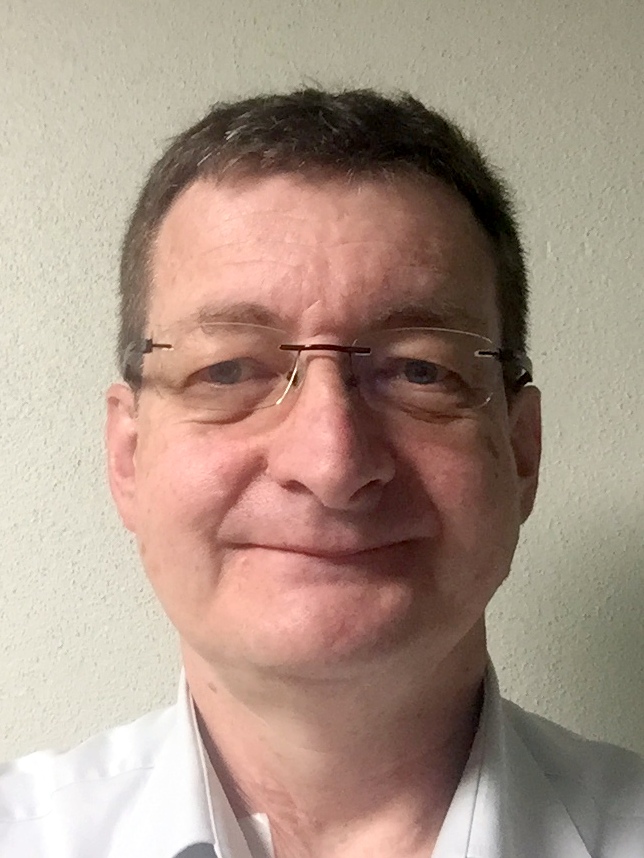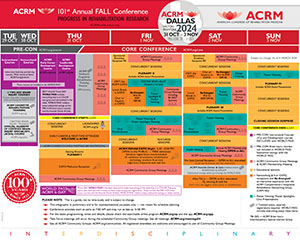
Hubert B. Vuagnat, n/a (he/him/his)
Attending Physician
Woundcare Program, Geneva University Hospitals, Switzerland
Hubert Vuagnat completed his master's degree in medicine (1989) in Geneva.
He trained in neurological rehabilitation medicine and achieved his Swiss and European specialist title in Physical and Rehabilitation Medicine in 1997, together with his doctorate from the University of Geneva.
After various positions, including head of the medical rehabilitation department at Geneva University Hospitals, he decided to focus on wound care.
His interest in wound care dates to the 1990s and he has been contributing to the institutional management of these lesions since 1995.
He holds degrees from Sorbonne University, Paris, France, in wound care and in neuro-urology.
Co-founder and first president of the Swiss French speaking wound care association in 2004 (SAfW-R, www.safw-romande.ch) and currently vice-president, he has been standing for 9 years as council member of the European Wound Management Association (EWMA, www.ewma.org) and is also board member of the French wound care association (SFFPC).
Since 2006 he has then been heavily involved in modern adapted wound care and rehabilitation in resource-poor settings.
To the benefit of all wound patients his experience, first built on Buruli ulcer, has been extended to all type of chronic wounds and diabetic foot in collaboration with many different organisms (Médecins sans Frontières, International Committee of the Red Cross, World Health Organization).
Through education and minimal means, it is possible to improve the health and quality of life of many people. To this end, he is co-founder of the World Alliance for Wound and Lymphedema Care (WAWLC, www.wawlc.org), and co-founder and president of the Association de Soutien aux Centres de Recherche, d'Enseignement et de Soins (ASCRES), both based in Geneva. Together with others, this commitment has helped to raise the standards of wound care in organizations such as Médecins Sans Frontières, the International Committee of the Red Cross and the WHO.
For him, in addition to teaching, interdisciplinarity and interprofessionality are essential areas to cultivate to improve the care of patients and their families.
Poster(s):
-
Friday, November 1, 20243:45 PM - 4:00 PM

.jpg)
.jpg)
.jpg)
